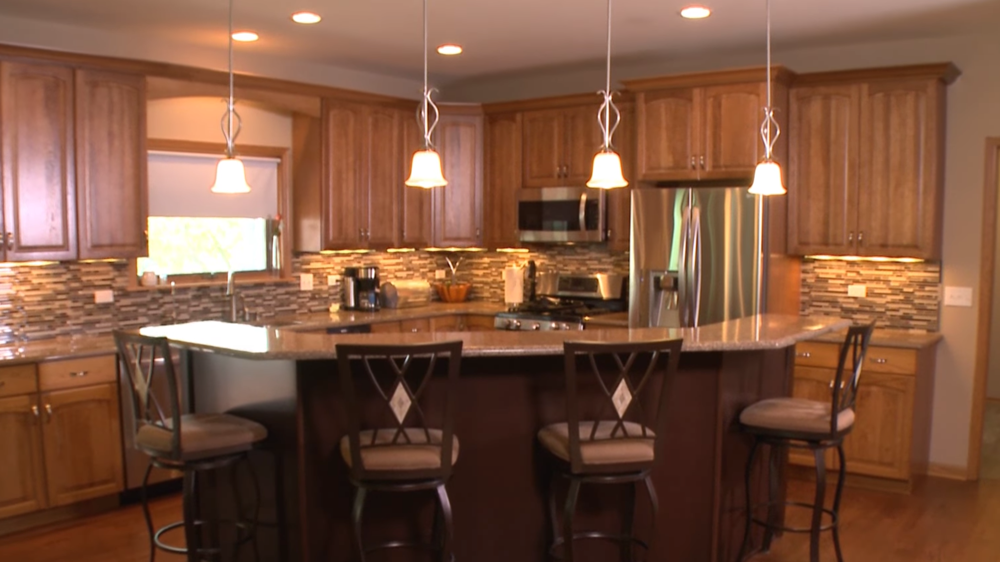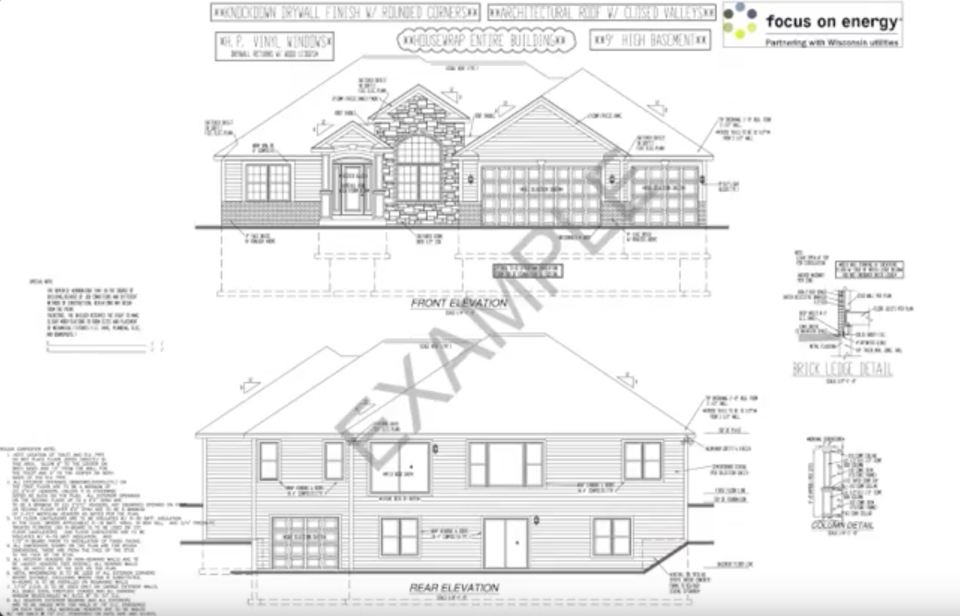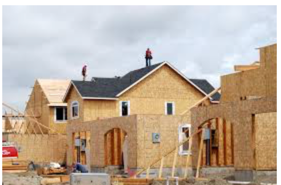Avoiding Construction Disputes with Contractors
Doing a renovation of your home or getting construction work done can be an exciting experience, but it can also be a stressful one. The whole process can seem daunting, from choosing an experienced and suitable contractor to completing the project. With so much to do, issues are bound to arise.
If you have never undertaken a project like this, it can seem difficult to know where to start. However, there are several steps you as a homeowner can take at the outset to make sure the construction is done correctly, the construction disputes are mitigated, and the unnecessary stress is alleviated.
Find the Proper Contractor
Finding the correct contractor for your budget is easier said then done, but it’s one of the most vital tasks you need to complete before beginning construction on your project. There are several ways you can go to finding a contractor, but one of the best ways to do so is through referrals. 
If a neighbor, friend or family members had recent work done to their home, ask them about the contractor they hired, what their experience was like and the outcome of the work. You can also ask to see the completed work so that you can examine the quality of construction and workmanship first hand.
Another way to go about it is through joining a Facebook group for your local community, and asking for recommendations, or looking through specialized websites for referrals.
Before Signing the Contract
Once you’ve found a contractor that you’re excited to be working with, its time to sign the documents. Before doing so, make sure that:
● The start and completion dates for the project are explicitly stated. This can be done in the form of a certain amount of days, weeks, or months or specific commencement and completion dates.
● Any specific materials to be installed and/or used are clearly stated and specified in the contract.
● Any alterations, changes, price differences, etc. must be made only after a change order request, which is signed both by the homeowner and the contractor.
● The payment schedule and terms of payment should be acceptable to you, and final payment should depend on the completion and your approval of work.
Your Contractor Needs to be Insured
One of the first questions you need to ask your contractor prior to hiring them is about their insurance plan. Uninsured contractors may be slightly cheaper, but there is too much at risk to go with the less costly option. If your contractor does not have the proper insurance, you will not have the required safety net in case your property is damaged, or someone is injured during construction.
Your contract should have a provision which requires your contractor to provide proof of insurance, which generally comes as a “Certificate of Insurance.” This certificate should indicate the company name, business address, the period of validity and liability limits. Make sure that the document is valid long enough to cover the duration of your project. If not, the contractor should have some proof of renewal or a new policy.
Should you still run afoul call us today @ 210-824-3278 The Bryan A Woods Law Firm




